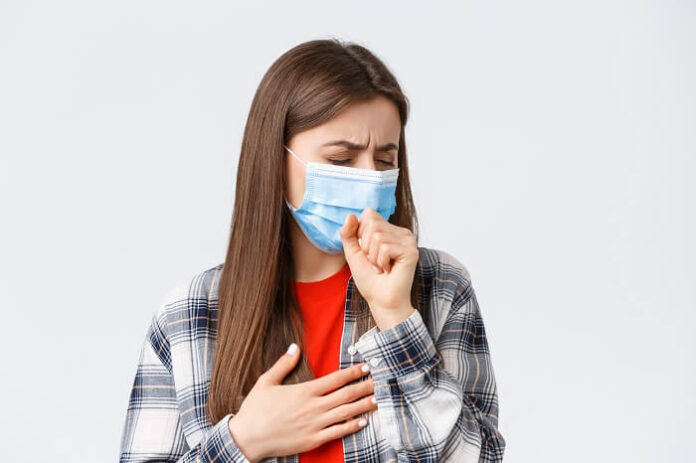Doctors have observed a sharp increase in respiratory ailments in Delhi, particularly among patients with pre-existing lung conditions, as air quality continues to worsen. Dr. Ankita Gupta, Assistant Professor in the Department of Respiratory Medicine, explained that air pollution exacerbates respiratory illnesses by introducing particulate matter into the lungs. This can result in symptoms such as shortness of breath, sore throat, and, in some cases, secondary infections.
“Patients with chronic lung conditions are typically on year-round medication. However, during severe pollution episodes, their regular dosages often prove insufficient,” Dr. Gupta noted.
Dr. Ujjwal Parakh, Senior Consultant in Chest Medicine at Sir Ganga Ram Hospital, highlighted the complications caused by prolonged exposure to pollutants. “Pollution triggers inflammation, airway constriction, and reduced lung function, making conditions like asthma, COPD, and chronic bronchitis much harder to manage,” he said.
In such instances, adjustments to treatment plans are necessary, with increased doses or frequencies of medications such as inhalers, bronchodilators, or corticosteroids. Dr. Parakh added that rescue inhalers are often required more frequently to address acute symptoms.
Dr. Gupta also pointed out that patients with coexisting conditions, such as diabetes, tend to experience slower recovery due to weakened immunity. Meanwhile, a respiratory medicine specialist from Lok Nayak Hospital reported a rise in emergency cases of respiratory distress across all age groups, from children to the elderly.
“Precautionary measures are crucial during this period,” the specialist advised. “These include staying indoors during peak pollution hours, wearing masks, and following a nutritious diet.”
Dr. Gupta emphasized the importance of individualized treatment plans tailored to patients’ medical histories, lifestyles, and other factors. “Smokers, elderly individuals, and those with genetic predispositions require personalized care. Counselling is also vital to help patients identify and avoid triggers,” she said.
As reported by economictimes, improving indoor air quality is another essential preventive step. Dr. Gupta suggested incorporating air-purifying plants like tulsi, aloe vera, snake plants, or spider plants, as these can help reduce indoor pollution by absorbing carbon dioxide and releasing oxygen.
Delhi’s air quality has remained hazardous for over 20 days, according to official data. On October 30, it first entered the ‘very poor’ category, persisting there for 15 days before worsening to the ‘severe’ category. By midweek, it had escalated to the ‘severe plus’ category.
Although favorable wind conditions temporarily improved the air quality last Thursday, it quickly declined over the weekend, once again nearing the ‘severe’ category.























